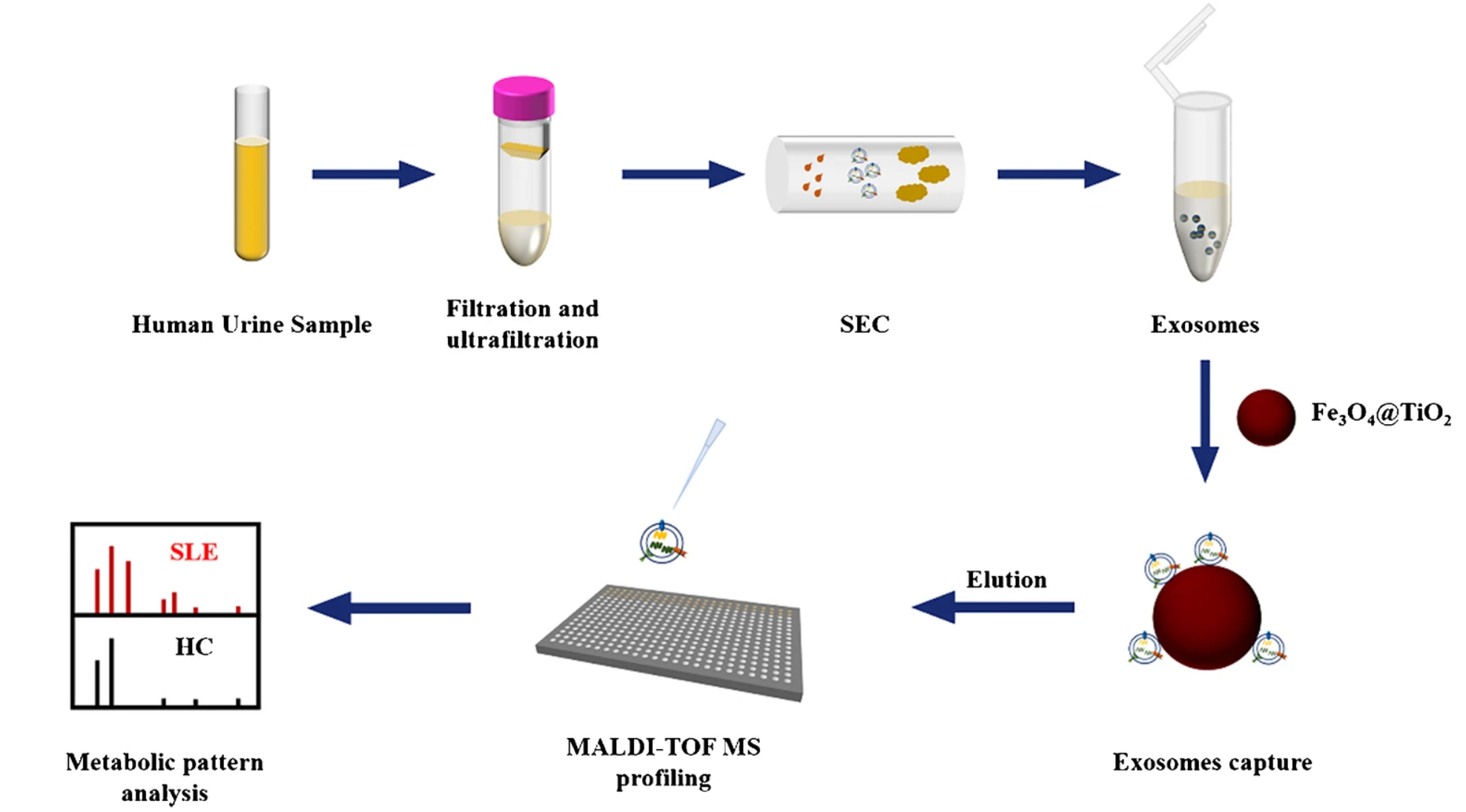Exosomes Metabolomics Services
Exosomes are nanoscale extracellular vesicles secreted by virtually all cell types into various body fluids, including blood, urine, saliva, cerebrospinal fluid, and breast milk. They carry a rich cargo of biomolecules, including proteins, nucleic acids, lipids, and small-molecule metabolites, which reflect the physiological and pathological state of their parental cells.
Among these molecular contents, exosomal metabolites are gaining increasing attention due to their direct involvement in cell signaling, metabolic reprogramming, and disease modulation. Exosomes metabolomics refers to the comprehensive qualitative and quantitative analysis of metabolites contained within or associated with exosomes. By isolating exosomes and analyzing their small-molecule content using advanced platforms such as liquid chromatography-mass spectrometry (LC-MS) or gas chromatography-mass spectrometry (GC-MS), researchers can detect changes in metabolic pathways and identify novel biomarkers for early diagnosis, prognosis, and therapeutic targeting.
Service at MtoZ Biolabs
MtoZ Biolabs offers professional Exosomes Metabolomics Services designed to help clients uncover key metabolic signatures, identify potential biomarkers, and gain deeper insight into exosome-mediated intercellular communication. With extensive experience in extracellular vesicle analysis, we offer a streamlined workflow that integrates high-purity exosome isolation, optimized metabolite extraction, and high-resolution mass spectrometry. Clients can choose between untargeted metabolomics for global profiling or targeted quantification of specific metabolite classes. Key metabolite classes that are profiled include amino acids, organic acids, lipids, nucleotides, carbohydrates, hormones, signaling molecules, and more.
Analysis Workflow
1. Sample Receipt and Quality Control
Sample integrity and volume are assessed upon arrival.
2. Exosome Isolation and Purification
Using SEC, ultracentrifugation, or affinity capture methods depending on sample type.
3. Metabolite Extraction
Dual-phase or monophasic extraction methods tailored for lipidomics or hydrophilic metabolites.
4. Metabolomics Analysis
Targeted or untargeted metabolomics analysis using LC-MS/GC-MS platform.
5. Data Processing and Bioinformatics
Feature alignment, metabolite ID, normalization, pathway mapping, and statistical interpretation.
6. Report Generation and Result Delivery
Comprehensive data reports, graphs, tables, and pathway analyses.

Figure 1. Overview of the Urinary Exosomes Separation and Metabolomic Analysis Protocol
Service Advantages
☑️Advanced Analytical Platforms: Equipped with high-resolution LC-MS/MS and GC-MS systems to ensure sensitive and accurate metabolite detection.
☑️Expert Scientific Team: Our team combines deep expertise in exosome biology and metabolomics to support high-quality data generation and interpretation.
☑️Customizable Experimental Design: Flexible study designs tailored to sample types, research objectives, and downstream analytical needs.
☑️Comprehensive Profiling: Covers diverse metabolite classes, including lipids, amino acids, organic acids, nucleotides, signaling molecules, and other key metabolites.
Applications
💠Disease Mechanism Research: Exosomal metabolites provide critical insights into pathophysiological processes, helping to elucidate the roles of cell–cell communication in diseases such as cancer, neurodegeneration, and cardiovascular disorders.
💠Biomarker Discovery: The unique metabolic signatures within exosomes reflect the physiological state of their cells of origin, making them ideal non-invasive candidates for early disease diagnosis and prognosis.
💠Metabolic Pathway Analysis: Profiling exosomal metabolites supports the reconstruction of cellular metabolic networks, enabling researchers to map perturbations in central pathways such as glycolysis, TCA cycle, and lipid metabolism.
💠Drug Development and Evaluation: Exosome metabolomics allows assessment of drug responses and toxicity by monitoring changes in metabolite content post-treatment, aiding preclinical and translational studies.
Sample Submission Suggestions

Samples should be stored at -80°C and shipped on dry ice. Avoid repeated freeze-thaw cycles.
If you have specific requirements or need guidance on sample preparation, please do not hesitate to contact us.
Deliverables
1. Comprehensive Experimental Details
2. Materials, Instruments, and Methods
3. Total Ion Chromatogram & Quality Control Assessment
4. Data Analysis, Preprocessing, and Estimation
5. Bioinformatics Analysis
6. Raw Data Files
Related Services
Exosome Separation & Purification Service
How to order?







